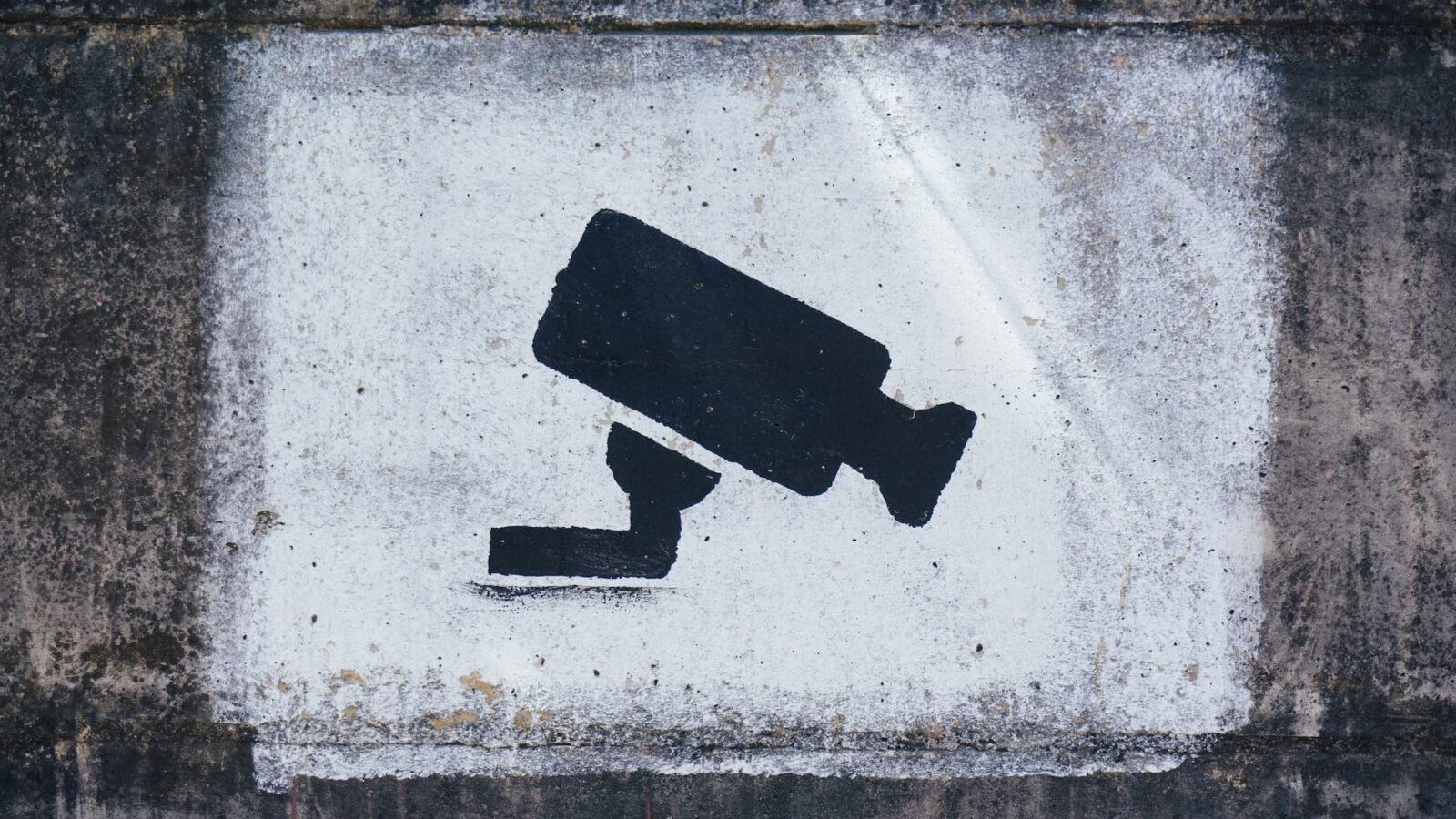In the labyrinth of urban life, the concept of privacy often clashes with the necessity of security, a dichotomy particularly evident in the use of spy cameras within Vancouver’s self-storage. As these facilities become a staple for city dwellers to stow personal belongings, the prevalence of covert surveillance technology is rising. This article delves into the intricate balance of safeguarding possessions against intrusion while upholding the sanctity of personal privacy.
The Rise of Spy Cameras in Self-Storage
The insertion of surveillance in storage facilities isn’t a novelty. However, the sophistication and subtlety of these devices have evolved. In Vancouver, a noticeable uptick in spy camera use correlates with increased demand for self-storage solutions. Proprietors argue that this trend is a response to the heightened need for security measures to protect both the facility and the renters’ assets.
Spy cameras employed range from inconspicuous lens tucked away in nondescript objects to advanced motion-sensing cameras that blend seamlessly into the storage environment. These devices are not only becoming more common but also more technologically advanced, capable of streaming high-definition footage to facility operators or even directly to renters’ smartphones.
Legal Framework Governing Spy Cameras in Vancouver
Vancouver, much like the rest of Canada, adheres to a set of privacy laws that govern surveillance. The Personal Information Protection and Electronic Documents Act (PIPEDA) is the federal privacy law for private-sector organizations and lays down the rules for collecting, using, and disclosing personal information in the course of commercial activity.
For self-storage operators, this means any surveillance, including the use of spy cameras, must be justified, limited, and openly communicated. Renters have a right to know if they are being monitored and to what extent their personal space is under watch. It’s a delicate balancing act for storage facility operators, who must navigate between securing their property and respecting the privacy of their clients.
ALSO READ: How to Spy on Someone’s MacBook
Privacy Concerns and Ethical Considerations
Privacy concerns aren’t just legalities; they are deeply rooted in ethical considerations. The use of spy cameras can sometimes extend beyond the purview of security, potentially capturing personal moments unintended for observation. Stories have surfaced about individuals feeling violated when they discover they’ve been recorded without their consent, leading to a wider conversation about the ethics of surveillance in spaces that renters consider private.
The debate intensifies when considering that not all surveillance is disclosed. Hidden cameras, by their very nature, can be operated without the knowledge of those being recorded, leading to a scenario where renters could be unaware of their surveillance, raising significant ethical questions.
Security Benefits of Spy Cameras
Despite the privacy concerns, the security advantages of spy cameras are undeniable. In Vancouver, self-storage facilities that employ surveillance technology report lower incidents of theft and vandalism. The presence of cameras acts as a deterrent to would-be criminals and offers a digital witness to any misdeeds that occur.
The security benefits extend to liability and insurance claims, where footage from spy cameras can be pivotal. There have been instances where such evidence has been instrumental in resolving disputes, proving the innocence of facility owners in cases of alleged negligence.
Best Practices for Spy Camera Usage in Self-Storage
For self-storage facility owners, there’s a need for best practices that ensure surveillance is both effective and ethical. Transparency is paramount. Informing renters of the presence of cameras, their locations, and the extent of surveillance is not just legally mandated, but also builds trust.
For renters, vigilance is crucial. They should inquire about surveillance before renting a unit and take measures to safeguard their privacy, such as using opaque boxes and ensuring sensitive items are out of view.
Facilities must choose ethical surveillance practices, such as limiting camera coverage to common areas and avoiding placement in areas where individuals have a reasonable expectation of privacy.
Navigating the Future
Surveillance technology continues to advance, and with it, the ways in which Vancouver self-storage facilities utilize spy cameras will also evolve. The industry must anticipate changes in legal and ethical standards, which are likely to become more stringent as public awareness of privacy issues grows.
The future may see a rise in the use of more transparent surveillance methods, such as disclosed cameras that are visible and whose footage is accessible to renters. The challenge will be to integrate these advancements while maintaining the delicate balance between security and privacy.
Conclusion
The intersection of privacy and security within the realm of Vancouver’s self-storage facilities is a microcosm of a larger societal debate. While spy cameras serve as sentinels guarding the possessions of the city’s populace, they also raise questions about the boundaries of observation.
Facility owners and renters alike must engage in this dialogue, advocating for a scenario where security does not come at the expense of privacy. As the eyes of these hidden watchers become increasingly prevalent, it is incumbent upon all stakeholders to ensure that they blink in the face of personal sanctuary.
Our Partner – NationWide Self Storage Pender (Storage Vancouver)
Address: 1223 E Pender St, Vancouver, BC V6A 1W7, Canada
Website: https://www.nationwideselfstorage.ca/locations/vancouver/
Phone: (604) 336-9594

